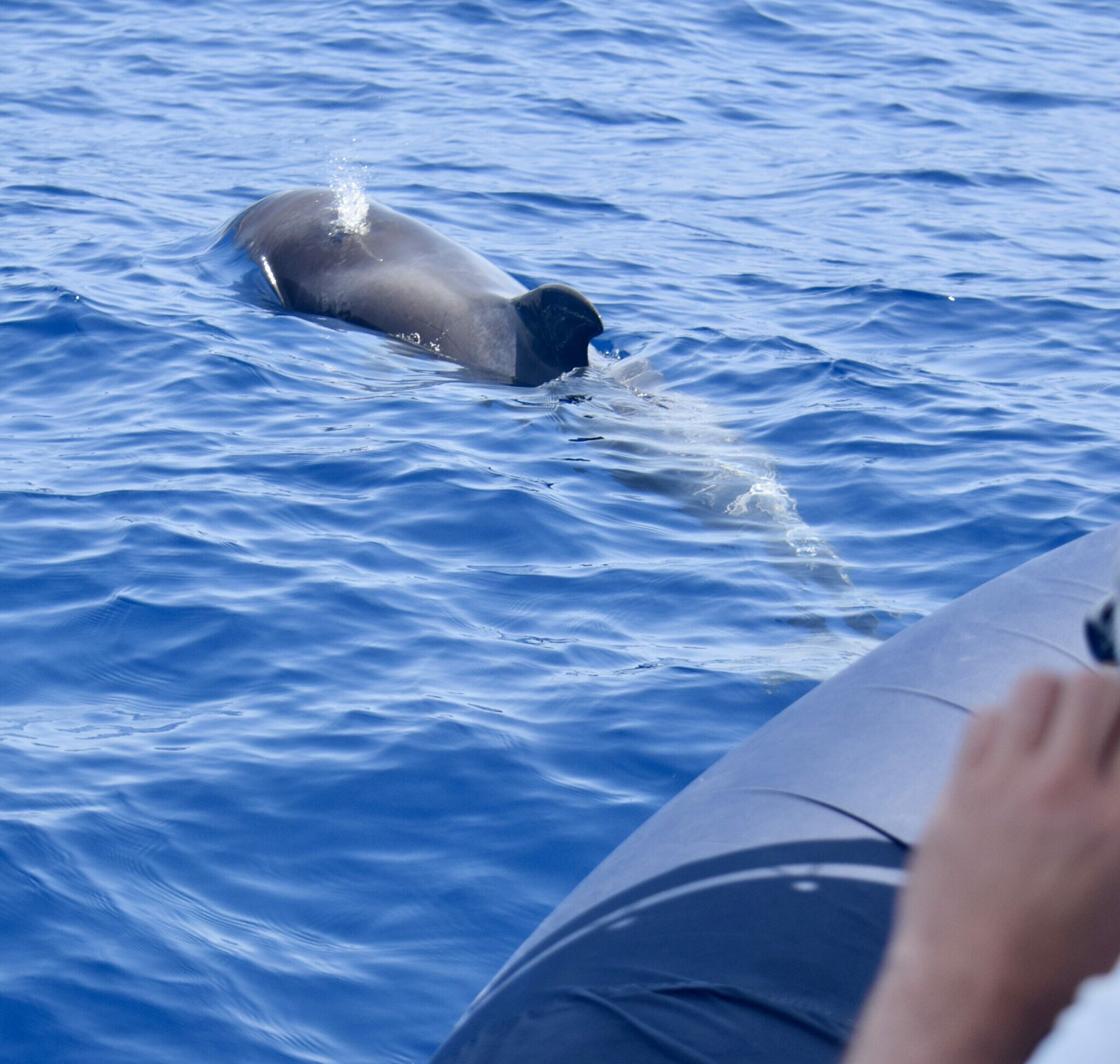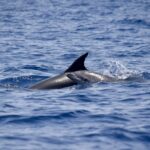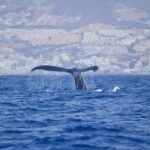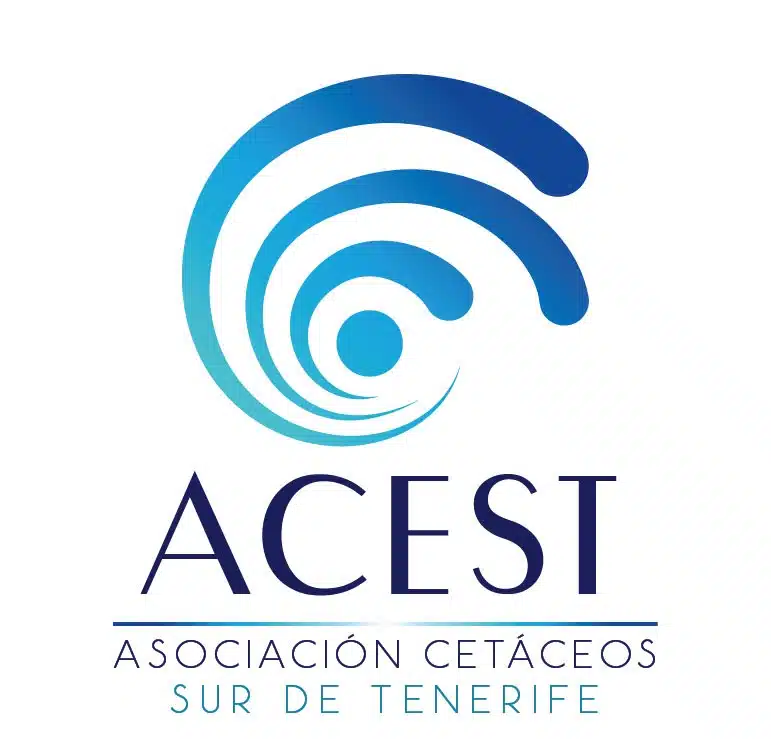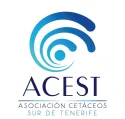When people think of whales, they usually imagine graceful giants breaching the waves or singing deep, mysterious songs beneath the sea. But there’s a less glamorous, yet incredibly important role that whales play in ocean health: they pee. And poop. A lot. And surprisingly, this waste may be one of nature’s best-kept secrets for maintaining a thriving marine ecosystem.
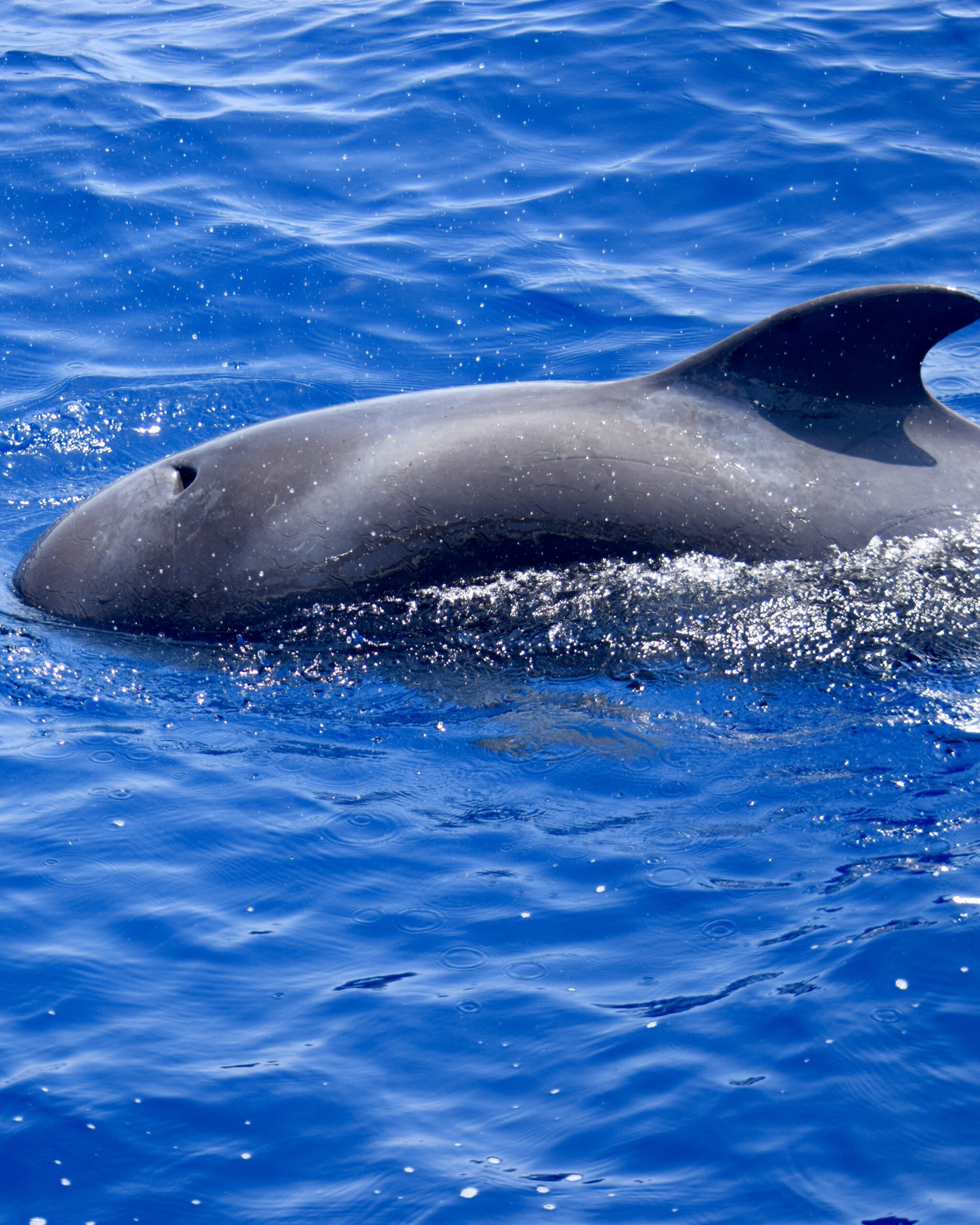 Let’s start with something unexpected: whale pee. Whales are massive animals, and like all animals, they need to get rid of excess nutrients. Their urine is rich in nitrogen and iron, essential nutrients that phytoplankton, the tiny plants of the ocean, need to grow. Phytoplankton may be microscopic, but they play an enormous role in the planet’s health.
Let’s start with something unexpected: whale pee. Whales are massive animals, and like all animals, they need to get rid of excess nutrients. Their urine is rich in nitrogen and iron, essential nutrients that phytoplankton, the tiny plants of the ocean, need to grow. Phytoplankton may be microscopic, but they play an enormous role in the planet’s health.
They are photosynthetic organisms capable of absorbing CO₂ like land plants, acting as the lungs of the Earth and producing approximately half of the oxygen we breathe. In fact, they not only help regulate the climate, but also form the foundation of the entire ocean food web.
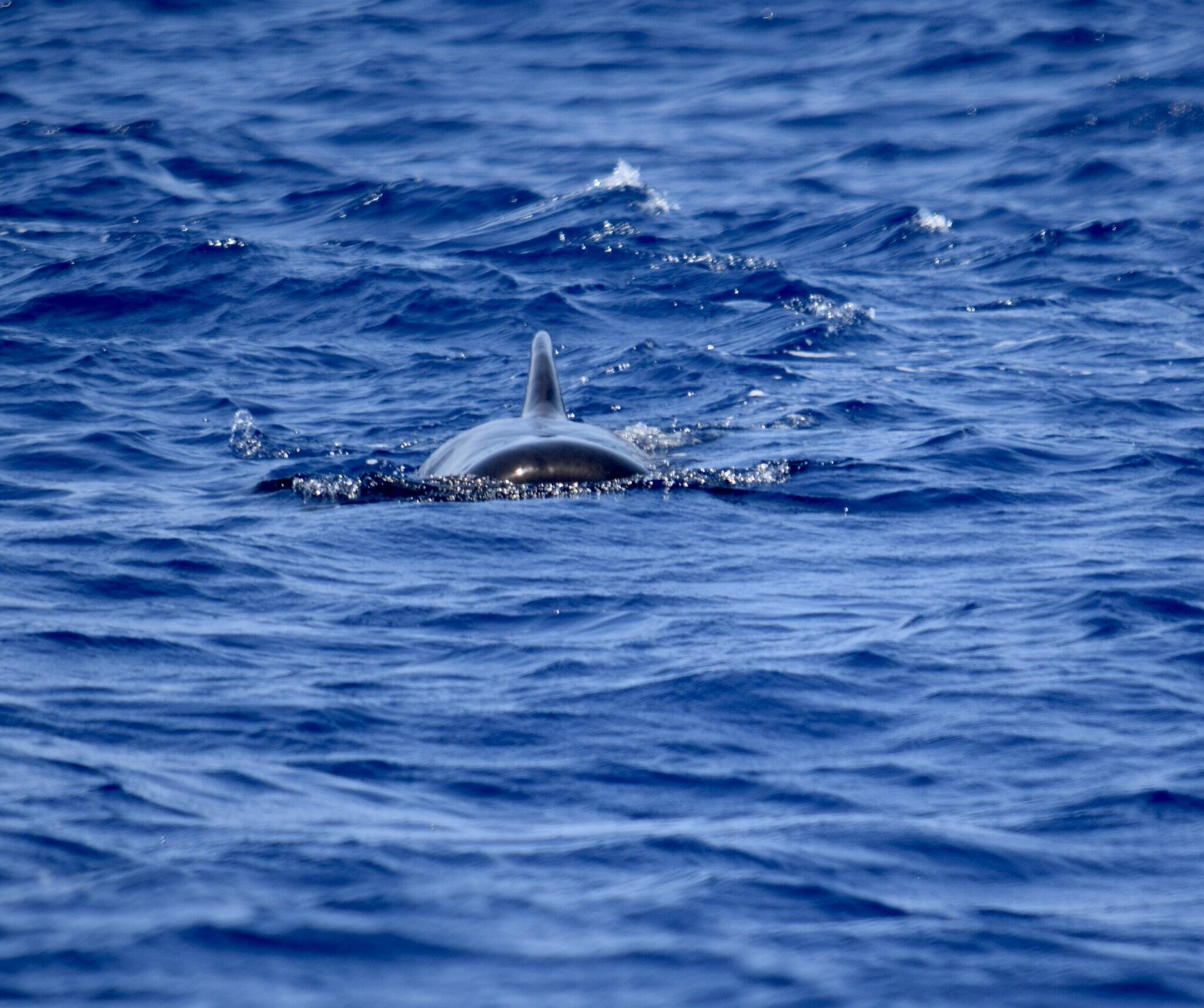
When whales release these nutrients near the surface, they essentially fertilize the ocean. Scientists even have a term for this: the “whale pump.” Unlike many fish that excrete waste at deeper levels, whales feed at depth but come to the surface to breathe, rest, and relieve themselves. This brings nutrients from the deep up to the sunlight zone, where phytoplankton can make the most of them.
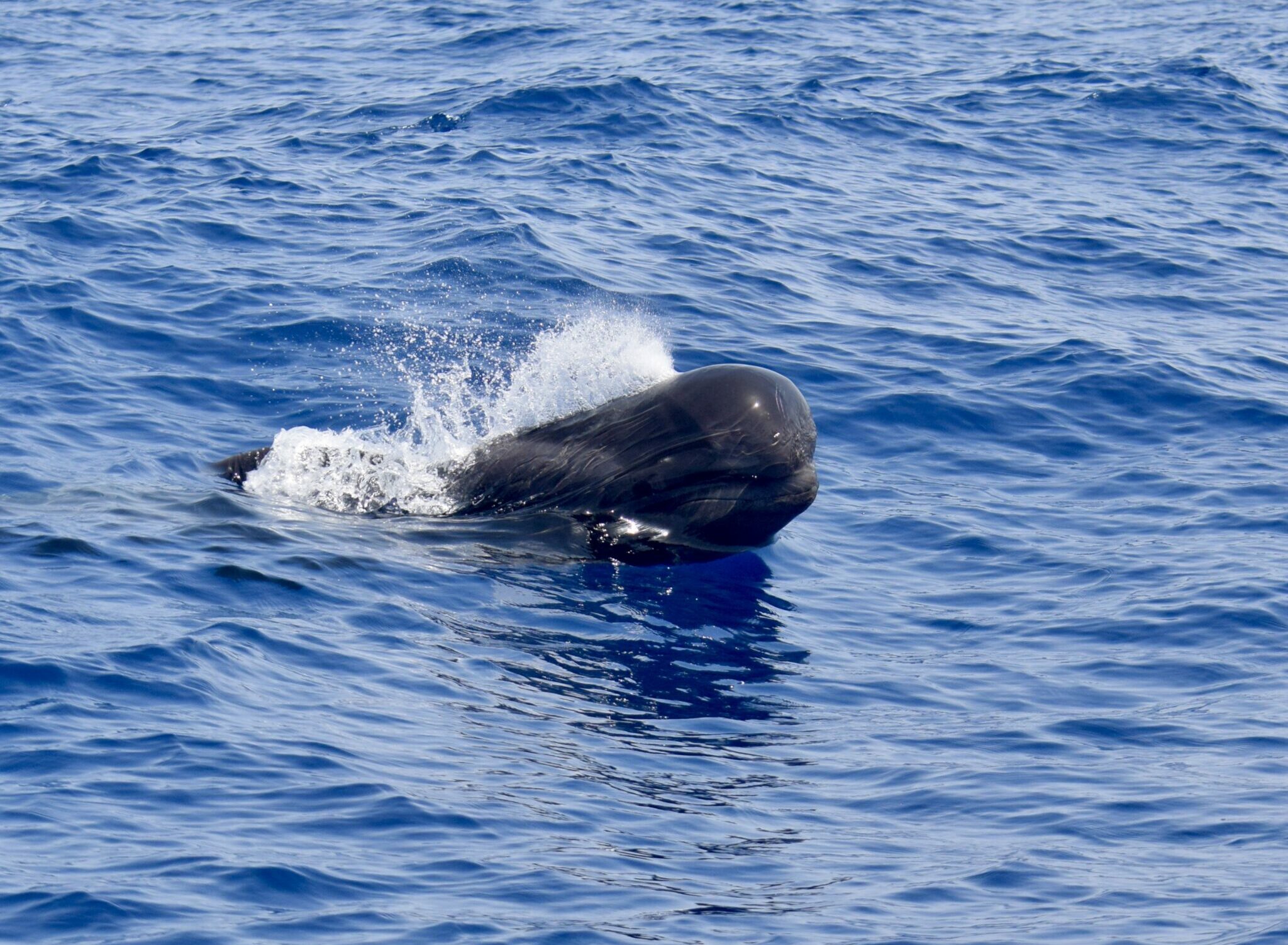
But that’s not all. Whale poop is just as magical. It’s full of iron and other nutrients, and its fluffy, reddish-brown appearance floats at the surface, exactly where phytoplankton can absorb it. This process is vital, especially in nutrient-poor areas like parts of the Southern Ocean.
What does this mean for the rest of the planet? More phytoplankton growth means more carbon is absorbed from the atmosphere, helping to fight climate change. More plankton also means more food for fish, supporting healthy marine populations and sustainable fisheries.
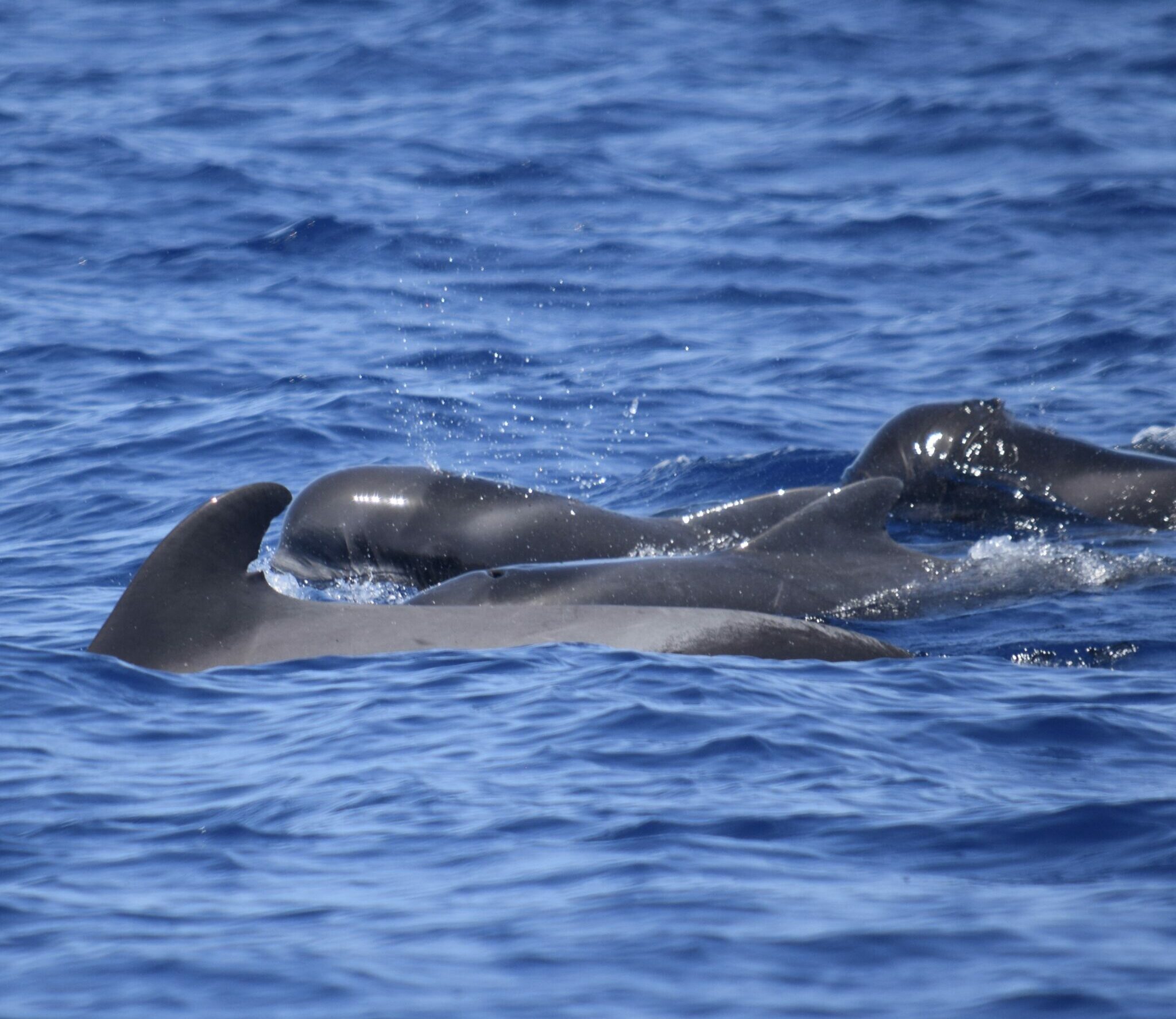
So next time you’re out on a whale watching tour in Tenerife and spot one of these majestic creatures, remember: their real superpower might just be what they leave behind! Whale pee and poop are nature’s quiet but powerful tools for keeping our oceans alive and our planet in balance.
Discover this curiosity and other during our tours. Book your seat at whalewatchtenerife.org
 Booking
Booking
